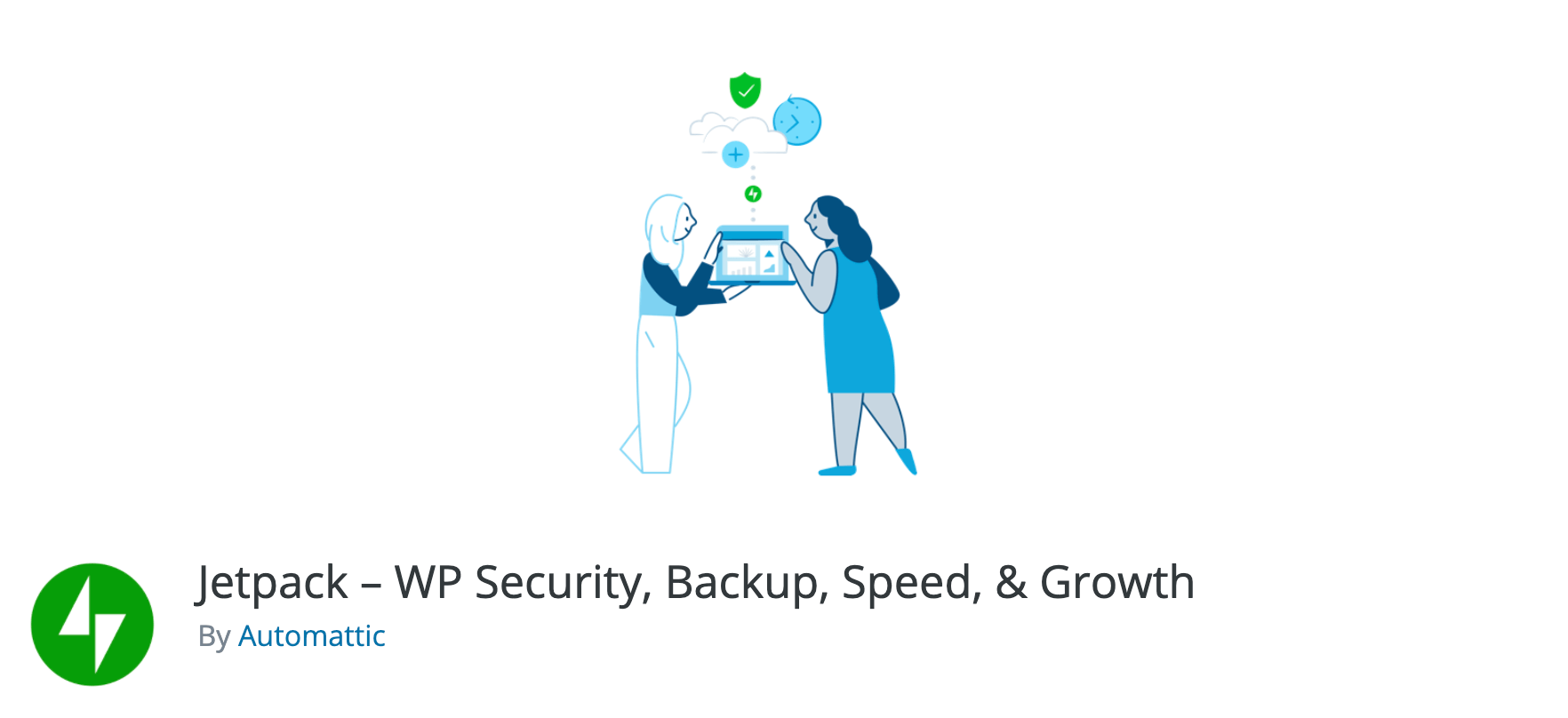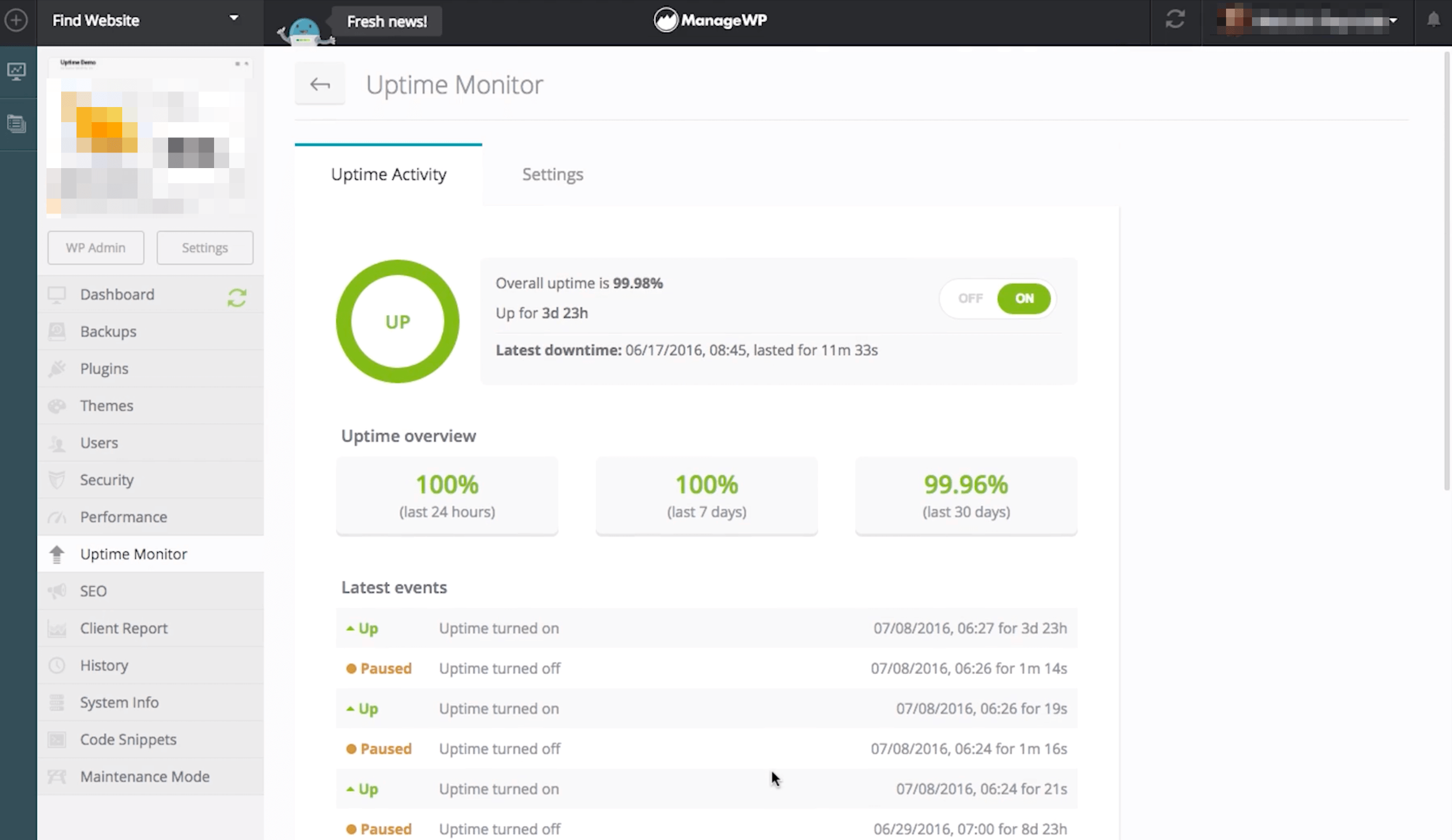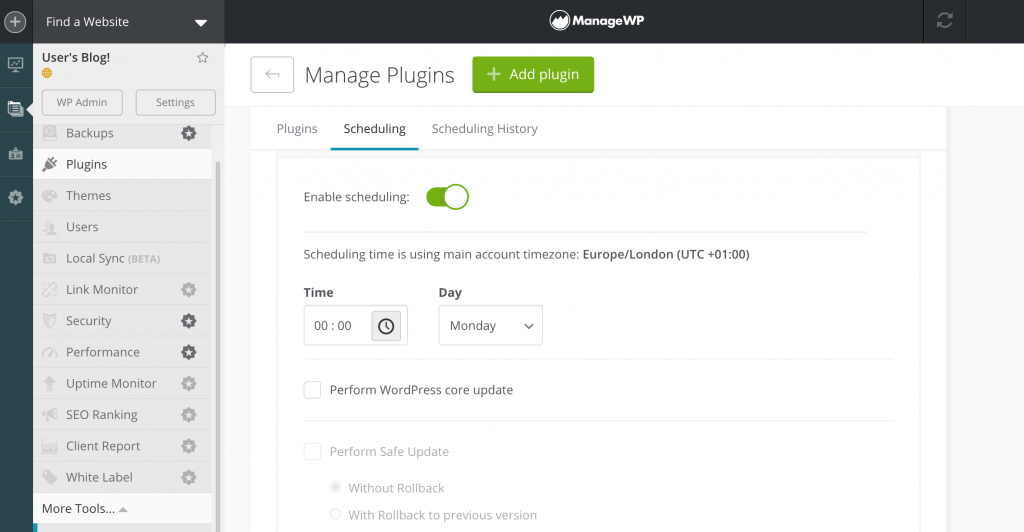For online stores, the holiday season is a prime opportunity to boost sales and revenue. However, more transactions mean more customer data coming through, which makes your e-commerce site an ideal target for hackers.
Thankfully, you can enjoy the peak shopping season without putting your customers at risk. By taking some simple steps now, you can ensure your e-commerce store runs smoothly and safely throughout the holiday season.
In this article, we’ll share six ways to protect your online store. This includes preventing attackers from stealing customer payment information, uploading malicious code, or even hacking into your store and causing havoc by deleting all of your orders. Let’s get started!
Why it’s important to protect your online store during the holidays
The holiday season is always a peak trading time for many e-commerce businesses. However, throughout 2020 the COVID-19 pandemic has driven online sales to an all-time high. Heavyweights such as Amazon reported record profits, and in June 2020 global retail e-commerce traffic stood at a record 22 billion monthly visits.
With many COVID-19 restrictions still in place, experts are predicting a record-breaking season for online retail. According to Deloitte, e-commerce holiday sales are estimated to reach $196 billion this year.
As a responsible e-commerce business, protecting your site and your customers is always a top priority. However, this holiday season the stakes could be higher than ever. By taking the time to secure your site now, you can provide a safe environment for your customers while maximizing your profits.
You can also increase your store’s resilience in the face of attacks designed to take it offline, particularly Distributed Denial of Service (DDoS) attacks. Outages are always bad news for e-commerce sites, but they can be particularly disastrous during peak selling periods.
For instance, it’s estimated that Amazon lost up to $99 million in sales when its site went down during Prime Day 2018. By making your store more resistant to such attacks, you can avoid losing out on the busiest holiday season yet.
6 ways to secure your online store for the holiday season
During peak trading times, your online store can become an attractive target for hackers. Regardless of whether they want to steal confidential customer data, spread malicious code to as many users as possible, or simply wreak havoc, here are six ways to keep your e-commerce site safe.
1. Protect your WordPress dashboard
Your WordPress dashboard is the hub of your e-commerce business. If a malicious third party manages to gain access to it, they could inflict some serious damage to your online store.
A malicious third party could change the price of products, delete items from your inventory, or steal customer payment information. This could result in lost revenue and customer trust, and potentially even legal action.
Your admin password is your dashboard’s main line of defense, but over 80 percent of breaches are linked to passwords. This means it’s vital you take steps to secure your WordPress login credentials by using a long, complex password that’s unique to your site.
If you reuse your WordPress admin password, a data breach at a completely unrelated website or service could put your e-commerce business at risk. We saw this recently when 44 million Microsoft accounts were compromised due to password reuse.
You can create a long, complex password using a tool such as LastPass. You can also use LastPass to store your passwords. This is a handy solution if you’re worried about remembering a list of complex, unique credentials for all your accounts.
2. Activate Two-Factor Authentication (2FA)
Two-Factor Authentication (2FA) or Multi-Factor Authentication (MFA) is an advanced security system. After activating it, users must verify their identities in at least two ways before they can access your e-commerce dashboard, even if they have the correct login credentials. Often this takes the form of a code sent via email or push notification.
2FA is used by many household names, with Microsoft recommending MFA to all its customers. Speaking about the benefits of MFA, Alex Weinert, Group Program Manager for Identity Security and Protection at Microsoft, said, “Based on our studies, your account is more than 99.9 percent less likely to be compromised if you use MFA.”
You can protect your online store against 99.9 percent of password-based attacks using free mobile apps such as Google Authenticator. By linking it to your WordPress site with the help of a plugin, you can keep malicious third parties out of your e-commerce store, even if they crack your password.
3. Protect your store with Jetpack
Described as the ultimate tool for WordPress, Jetpack is a popular plugin that provides a number of useful security features, including protection against brute force attacks:

Brute force attacks involve hackers trying different login credentials until they find a combination that works. They may even publish your information online for others to use in their own attacks.
Many hackers automate their brute force attacks using bots. This means they can easily test your e-commerce dashboard with hundreds or even thousands of passwords within a short span of time.
On average, Jetpack automatically blocks 5,193 brute force attacks over a site’s lifetime by filtering out traffic from malicious IP addresses. If you created your store using WooCommerce, it should have prompted you to activate Jetpack as part of its initial configuration. You can also install it from the Plugins > Add New screen in your dashboard.
4. Monitor your e-commerce store for downtime
To maximize your revenue, it’s important your site experiences zero interruptions throughout the holiday season. Unexpected downtime is bad for business, but it can also indicate that your e-commerce store is under attack. For example, brute force and DDoS attacks often knock websites offline.
It’s impossible to manually monitor your e-commerce store 24/7, especially during peak shopping periods. However, you can’t risk losing sales due to unexpected downtime you don’t know about.
You can monitor your website for downtime using a tool such as ManageWP’s Uptime Monitor. It will ping your website based on a schedule, ranging from once every 15 minutes to once every single minute:

If your website doesn’t respond, Uptime Monitor will notify you via email, Slack, or SMS (based on your preferences). You can then take the steps necessary to resolve the issue, get your store back online, and continue generating holiday revenue.
5. Use plugins and themes safely
Plugins and themes are vital for creating an online store that looks and functions exactly as you want. However, they can also make your e-commerce site vulnerable. In 2019, 97.2 percent of WordPress vulnerabilities were related to plugins.
To use plugins and themes safely, it’s important to only download them from reputable sources. It’s smart to pay careful attention to user reviews as well, particularly the most recent ones.
Themes and plugins also add code to your site, which hackers could potentially exploit. To minimize the risk, it’s important to delete any themes or plugins that you no longer require.
According to WPBeginner, 86 percent of sites are hacked due to an outdated plugin, theme, or WordPress version. To ensure your themes and plugins are always up to date, we recommend installing new versions automatically.
With ManageWP’s Safe Updates, you can update all your site components without having to worry about downtime during the busiest time of the year:
If a problem does occur, ManageWP will roll back the changes automatically. This ensures you can keep your themes and plugins up-to-date without risking errors or other conflicts.
6. Install a Secure Sockers Layer (SSL) certificate
As a successful e-commerce store, you’ll regularly transmit sensitive customer payment information. To help guard your customers against fraud, it’s vital you protect their credit, debit, and bank details with a Secure Sockets Layer (SSL) certificate.
By installing an SSL certificate on your WordPress website, you can encrypt all sensitive data and user activity, including transactions. This is important from a legal perspective, but it also makes your site appear more trustworthy.
Many modern browsers indicate whether a website uses an SSL certificate by displaying a padlock in the address bar:

If a potential customer spots this padlock, they’ll be more likely to feel comfortable sharing sensitive information with your store, including payment details.
There is also evidence to suggest that Google may use the presence of an SSL certificate as a ranking factor. This could earn you an additional Search Engine Optimization (SEO) boost and help drive even more holiday traffic to your e-commerce store.
Conclusion
The holiday season is a peak trading time for e-commerce stores, but it also means lots of opportunities for digital thieves. If you’re going to keep your customers and your store safe, it’s important to prepare for the festive season.
When it comes to securing your store, bear the following in mind:
- Protect your WordPress dashboard with a strong, complex, and unique password.
- Activate 2FA for additional security.
- Enable the Jetpack plugin for brute force attack protection.
- Monitor your e-commerce store for downtime using Uptime Monitor.
- Use plugins and themes safely.
- Install an SSL certificate.
Do you have any questions about securing your online store? Ask away in the comments section below!
Featured Image Credit: Unsplash.

Charlotte Hill
thank you now i can secure my online store. this guide definitely helps me to figure out what are the things to check and how will i do it.